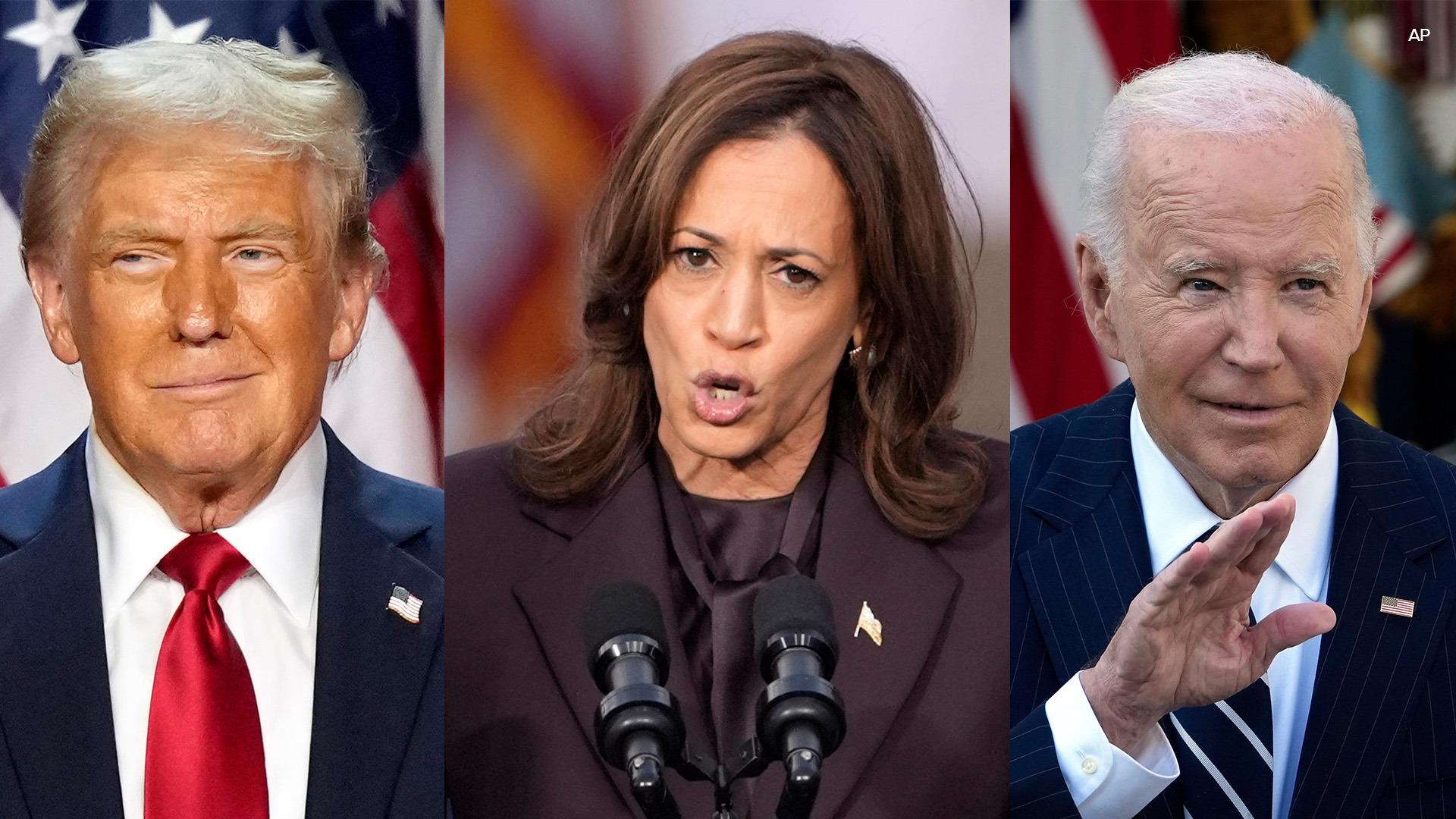ST. PETERSBURG, Fla. — As Florida's primary election approaches, some first-time voters may be wondering what the difference is between a primary election and a general election.
The following guide from 10 Tampa Bay will provide the key differences voters should be aware of this election season.
Primary Elections
Primary elections allow parties to select a candidate for a General Election and then vote for a candidate who will be nominated to be on a ballot, according to the U.S. Vote Foundation.
Article I, section 4 of the U.S. Constitution gives each state the right to decide when and how elections are conducted. Florida's state primaries will happen on Tuesday, Aug. 20, 2024.
The U.S. Vote Foundation says there are three types of primary elections:
- An open primary is where voters don't have to be affiliated with the party for the candidate they're voting for. But, the foundation says voters have to choose one party and are allowed to vote only in the primary of their choice.
- In a closed primary, voters can only vote for a candidate within their affiliated party. A voter's party affiliation for the primary elections is considered permanent unless they decide to change it
- A blanket or nonpartisan primary, also known as a jungle primary, allows voters to vote for candidates from different parties as they receive a single multiparty ballot and are not bound to party affiliation. Alaska, California, Louisiana and Washington use blanket primaries.
General Elections
General elections have citizens vote for federal, state and local officials, the U.S. Vote Foundation says.
The General Election is held the first Tuesday after the first Monday in November. This year's General Election will take place on Nov. 5, 2024.



